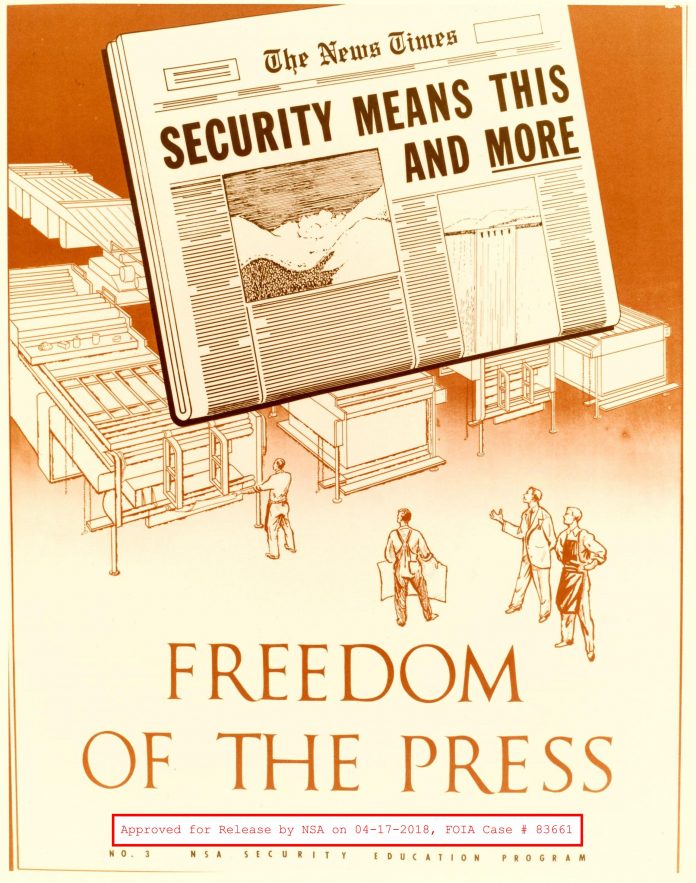On an almost daily basis President Trump criticizes the media as being “fake news,” resulting in fears of possible media censorship. People worry that despite the First Amendment protection of freedom of the press, the government will still dictate what can and cannot be reported on. This is the thought that comes to people’s minds when they hear the word “censorship.” Though government censorship is not the only type.
For a major publication like The New York Times, censorship can come in the form of requesting the removal of articles from its website not because they are inaccurate or inflammatory but because a reader does not like or agree with what is written or the topic.
The first amendment protects the individual just as much as it protects the press. Disliking an article or not agreeing with it and saying so publicly falls within an individual’s rights. Writing the article in the first place falls within the press’s rights. Telling the newspaper that they cannot print or must remove the article falls under censorship.
Telling the newspaper that they cannot print or must remove the article falls under censorship.
For a student newspaper like The Weekly, censorship can come in the form of funding. The Weekly is completely student run and derives much of its funding from the student activities fee. Should the Student Government Association decide to pull funding then The Weekly would be forced to stop printing.
This scenario nearly happened in 2016 at Wesleyan University when the student newspaper published an opinion piece criticizing the Black Lives Matter movement and the student government disagreed with this critic and decided to cut the Wesleyan campus paper’s funding simply because the student government did not like the opinion piece. The school’s paper has since received funding and changes have been made to allow them to continue to operate without fear of censorship.
While it is important to be critical of media, to consume a variety of news sources and to form your own opinions, it can be a slippery slope from complaining to censoring. It is times like these when we must remember that the main purpose of journalism is to inform the public. According to the Corporation of Public Broadcasting the purpose of media “is to provide programs and services that inform, educate, enlighten, and enrich the public and help inform civil discourse essential to American society.”
We at The Muhlenberg Weekly strive to provide truthful and reliable coverage in our news, arts and culture and sports sections and diverse and interesting views and discussions in our opinion and editorial sections. We highly encourage students to submit their own opinions and letters to the editor when you agree, disagree, or have any type of opinion on a certain subject.
As civil rights activist Dolores Huerta said: “When you have a conflict, that means that there are truths that have to be addressed on each side of the conflict. And when you have a conflict, then it’s an educational process to try to resolve the conflict. And to resolve that, you have to get people on both sides of the conflict involved so that they can dialogue.”
Media gives a platform to have that dialogue, a stage on which to present these differing opinions. By removing one side or eliminating the stage all together we cannot learn.






















